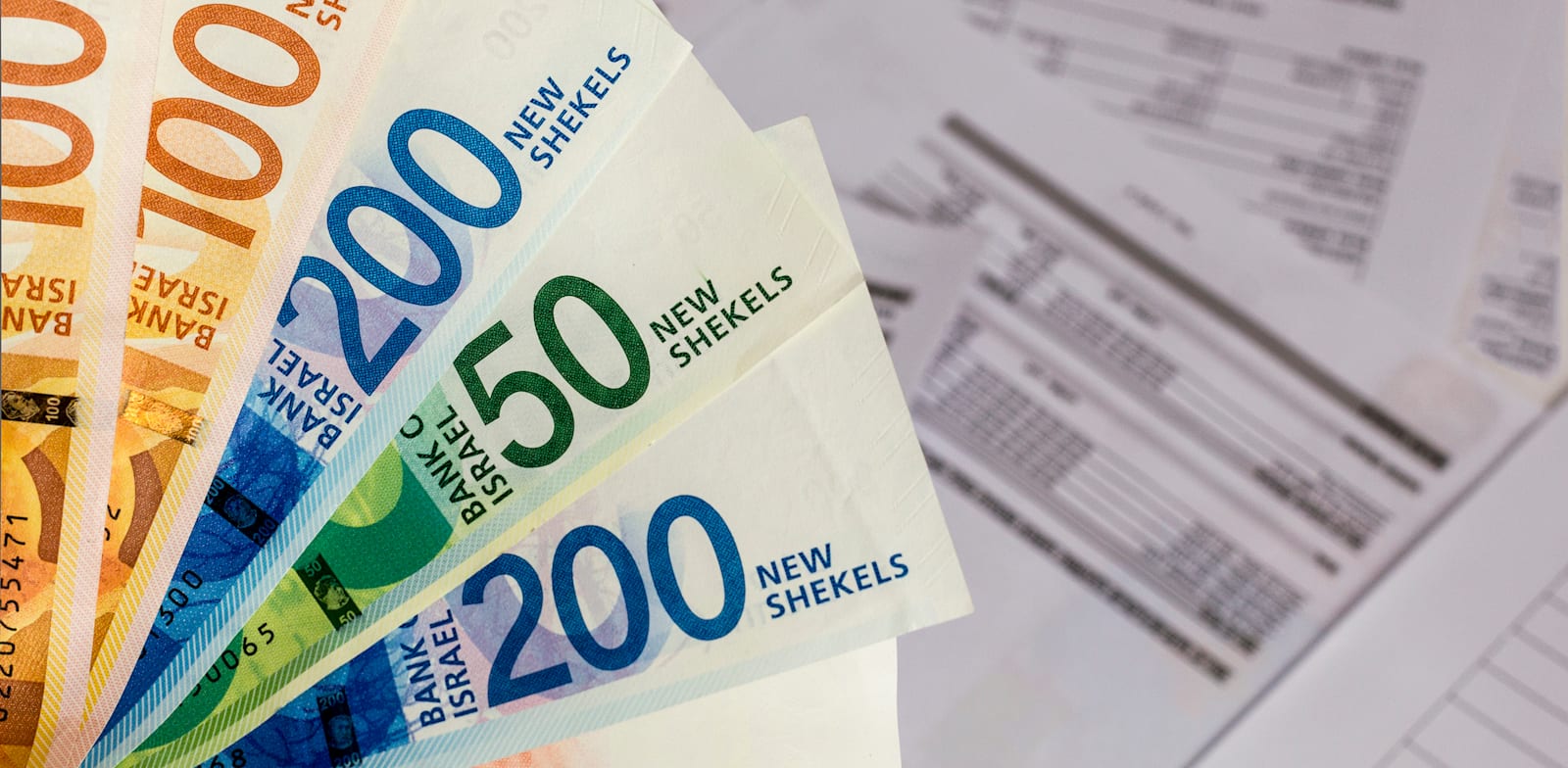Behavioral economist Richard Thaler is a pioneer of behavioral economics.
His work in the field won him a Nobel Prize in 2017.
He told Business Insider how it can be applied to the meme stock movement.
Richard Thaler knows a few things about the wisdom of crowds, but what he’s seeing in some areas of the stock market has the Nobel economist dismayed.
The University of Chicago Booth professor is known as a pioneer in the field of behavioral economics, a method of analysis that integrates psychological insights into economic analysis to determine why people make certain decicions.
Thaler received the Nobel Prize in economics in 2017, and he and fellow behavioral economist Alex O. Imas recently told Business Insider why they think the principles of behavioral economics apply to meme-stock mania.
Ever since the Gamestop short squeeze of 2021, the phenomenon of a struggling company surging unexpectedly on retail-driven interest has played out repeatedly, most recently with breakouts in shares of Opendoor Technologies and Beyond Meat.
When asked about the latest frenzy, Thaler was blunt: traders should simply stop trading, and they’re not likely going to beat the market.
“We both think that individual investors really have no business trading individual securities,” he said, adding that a lot of big firms with teams of analysts often underperform the benchmark.
Both Thaler and Imas made it clear that they see a clear problem with the lack of information among retail investors. Thaler referred to this as the “illusion of inside information,” noting that it far predates the meme stock movement, but that the sense among retail traders that they’ve got some special insight has increased in recent years.
“Everybody has got that information, and the chance that they’re going to interpret that little bit of news in a way that’s smarter than the market is so unlikely that they really shouldn’t be bothering,” he noted.
Imas added that retail traders tend to congregate toward stocks they have the least information on, often resulting in losses when the momentum fades.
He cited GameStop and AMC Entertainment, down 27% and 32% year-to-date, respectively, as high-profile examples of frenzies that left retail traders holding the bag. In his analysis, Imas highlighted the importance of ignoring people touting a single stock on TV or social media, a perspective echoed by Thaler.
“The best thing you can do is not to listen to talking heads,” he said. “Get a well-diversified index fund, park your money there, rebalance it every couple of years, and have a good time in your life.”






















